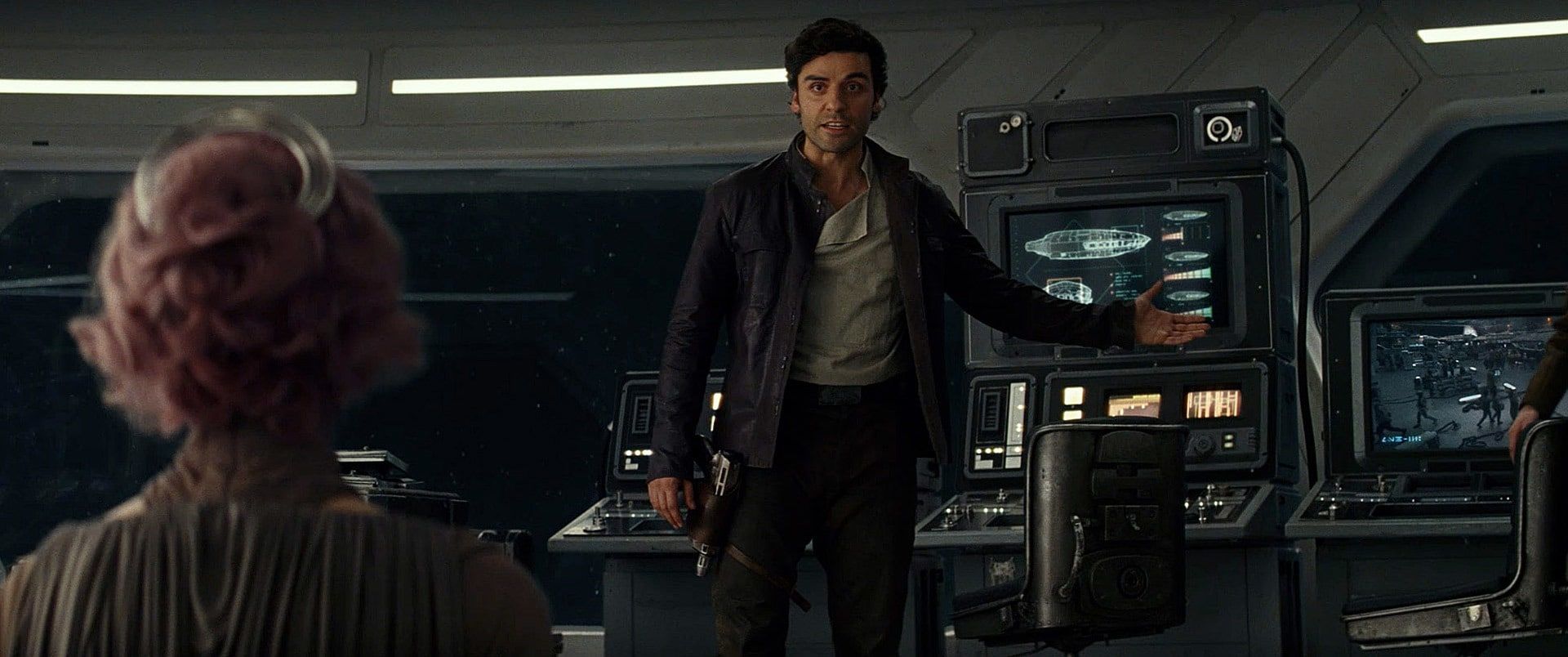Create a free profile to get unlimited access to exclusive videos, sweepstakes, and more!
The Rise of Skywalker novelization explains why no one showed up at Crait in The Last Jedi

Things move fast in Star Wars, and sometimes they move so fast that the present story doesn't have time to pause and explain every little thing to the viewer. That, fortunately, leaves room for subsequent installments to flesh out certain things, and that's exactly what's happening in Star Wars: The Rise of Skywalker's official novelization from Rae Carson. We've been spending our time indoors going through the novel and its many intriguing insights into the world of the sequel trilogy, and today we're tackling one of the great unanswered questions of the last two films: Why did no one show up to help the rebels in The Last Jedi?
**Spoiler Warning: There are spoilers for Star Wars: The Rise of Skywalker and its official novelization ahead.**
In The Last Jedi, as they take the few troops they have left to an old Rebellion base on the planet Crait, the remaining leaders of the Resistance make a last-ditch effort to get reinforcements. They sound a distress signal out into the galaxy, certain that their allies will hear it and rush to their aid. No one comes. Fortunately, Luke Skywalker manages to bail the whole force out at the eleventh hour, and the Resistance lives to fight another day. By the time of The Rise of Skywalker, though, the lack of help in that desperate time is still eating at the characters, particularly Poe Dameron, who admits in the film that he very nearly lost all hope that day.
So, why didn't anyone show up? Well, it's not as simple as a bunch of people hearing that call for help in The Last Jedi and just ignoring it. According to the novelization, after their evacuation from Crait and subsequent arrival at the jungle planet Ajan Kloss, Leia and Poe began working to re-establish lines of communication anywhere they could, and found it difficult not because people didn't want to help them, but because it was very hard to get in touch. The First Order was the principal power in the galaxy by the time of The Last Jedi, and they used their considerable reach to track down Resistance sympathizers and jam communications as much as possible to limit the effectiveness of the Rebels.
"In short," the book reads, "no one had answered the call because very few had even heard it."
Despite this, and despite his efforts to do things like free First Order prisoners to fight for the cause, Poe's inner monologue while he's on Kijimi suggests he's having a hard time keeping up hope. That's the arc the film chose to latch onto before eventually proving people would fight after Lando and Chewbacca rallied the galaxy in the Millennium Falcon. By the time they were done with their new version of the distress call, the galaxy hadn't just send thousands of ships to Exegol, but thousands more to First Order-occupied worlds to liberate them. It was a massive uprising. It just took time, and the novel's efforts to explain that underlines how much fun supplemental stories can be in the world of Star Wars. With just a little more room to breathe in laying out the universe, a novelist can fill in these little cracks in very satisfying ways.
Star Wars: The Rise of Skywalker's official novelization is available now.


























